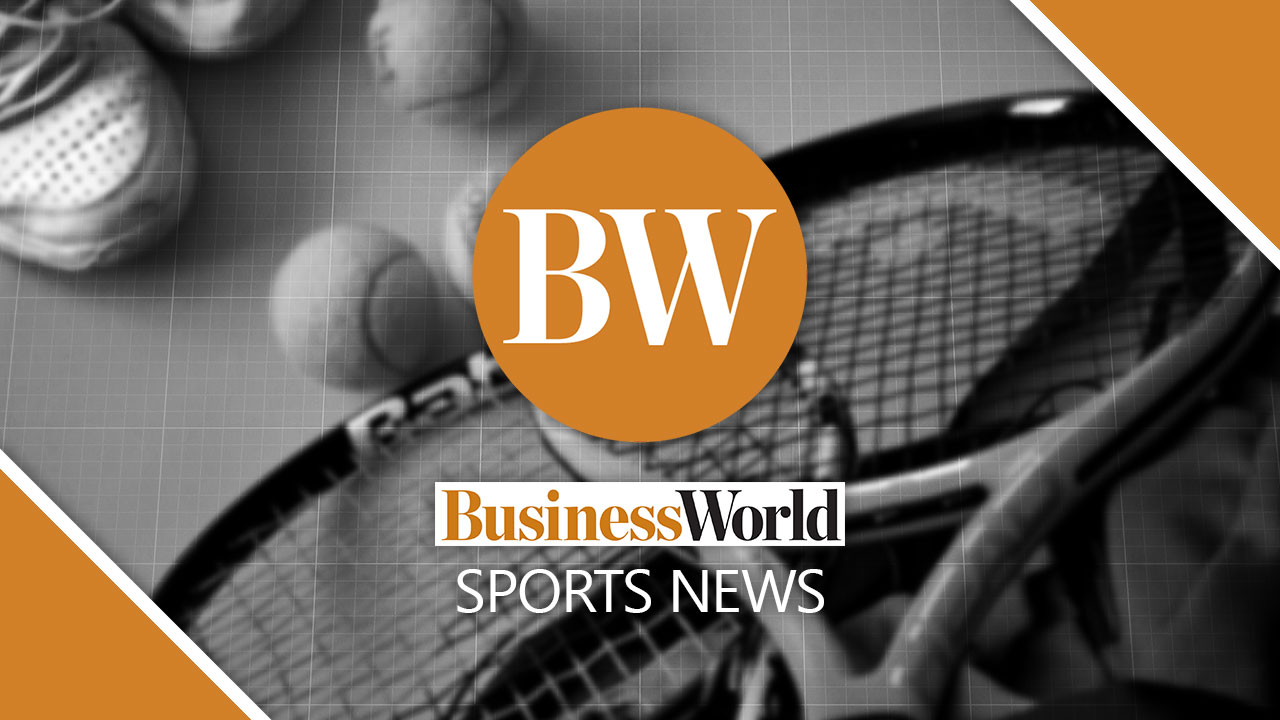
Courtside
By Anthony L. Cuaycong

Under the circumstances, it was probably fitting that the hearing held by the Federal Circuit Court of Australia judge Anthony Kelly the other day began with a technical glitch. Microsoft Teams meeting details were updated but not conveyed to members of the media, who then logged on to see pornographic images in the clearly hijacked virtual venue. Then, when they tried to join the right room, the sheer number of participants bogged down the livestream. Unauthorized rebroadcasts popped up on YouTube, while those joining in were not muted by the host on time — leading to random bits and pieces of noise and irrelevant conversations in the background.
After the stops and starts, however, the proceedings that Australian Open hopeful Rafael Nadal described as “a circus” finally ended with Kelly deciding to overrule the national government’s cancelation of the visa of World Number One Novak Djokovic. This meant that the defending champion of the sport’s first major tournament of the year could play in Melbourne Park on a medical exemption that, apparently, centered on his having contracted COVID-19 last month. Whether the dispensation is valid in the face of stringent safety protocols for the nation’s citizens remains the subject of debate. What isn’t: He got it following a double-blind assessment of his application.
To be sure, no one outside of Kelly is looking good. Not Australian Prime Minister Scott Morrison, whose administration is under fire due to a surge in positive cases following the relaxation of health standards. Not Minister for Immigration Alex Hawke, who can, at any time, exercise “personal power of cancelation” to once again cancel Djokovic’s visa and ban him from entering the country for three years. And not the player himself, who could have avoided controversy altogether by simply getting jabbed. It may be his right to take an unflinching stance against vaccination, but said right falls flat when juxtaposed with the rising death toll and the dangers he poses.
In any case, what’s done is done, and Djokovic wasted no time getting to the practice court after he was released by border authorities. It remains to be seen whether the quick turnaround will hurt his cause; since it officially starts next week, he will have to use the early rounds to whip himself up to shape. If there’s any consolation, it’s that he’s used to off-court snags. He has also learned to use negativity as motivation; the crowds will most definitely be booing him at every step.
Which leads pundits to the bottom line: Djokovic wants to be as loved as Nadal and Roger Federer, the other members of tennis’ Big Three, but he keeps on getting in his own way. Assuming Hawke refrains from booting him out, he’s by far the favorite to take the crown Down Under, where he has been most successful. And should he do so, he will be collecting his 21st major title, tops all time. But at what cost? He may well end up celebrating his greatest triumph amid a sea of jeers that figures to reverberate for some time to come.
Anthony L. Cuaycong has been writing Courtside since BusinessWorld introduced a Sports section in 1994. He is a consultant on strategic planning, operations and Human Resources management, corporate communications, and business development.